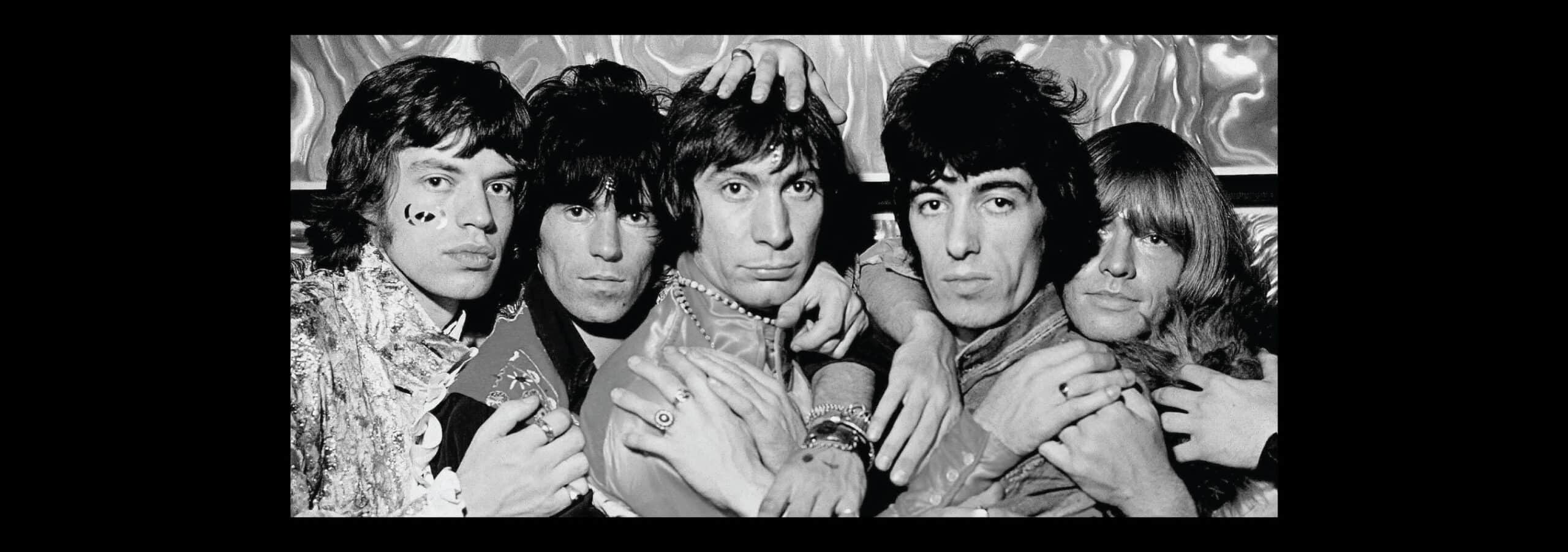The Rolling Stones, British rock group, formed in 1962, that drew on Chicago blues stylings to create a unique vision of the dark side of post-1960s counterculture. The original members were Mick Jagger (b. July 26, 1943, Dartford, Kent, England), Keith Richards (b. December 18, 1943, Dartford), Brian Jones (b. February 28, 1942, Cheltenham, Gloucestershire, England—d. July 3, 1969, Hartfield, Sussex, England), Bill Wyman (b. October 24, 1936, London, England), and Charlie Watts (b. June 2, 1941, London—d. August 24, 2021, London). Later members were Mick Taylor (b. January 17, 1948, Hereford, East Hereford and Worcester, England), Ron Wood (b. June 1, 1947, London), and Darryl Jones (b. December 11, 1961, Chicago, Illinois, U.S.).
No rock band has sustained consistent activity and global popularity for so long a period as the Rolling Stones, still capable, more than 50 years after their formation, of filling the largest stadia in the world.
Though several of their mid-1960s contemporaries—notably Bob Dylan, Paul McCartney, Eric Clapton, and Van Morrison—have maintained individual positions in rock’s front line, the Rolling Stones’ nucleus of singer Jagger, guitarist Richards, and drummer Watts remains rock’s most durable ongoing partnership.
In the process, the Stones have become rock’s definitive, emblematic band: a seamless blend of sound, look, and public image. It may be debatable whether they have actually, at any given moment, been the “greatest rock-and-roll band in the world,” as their time-honoured onstage introduction has claimed them to be; that they are the mold from which various generations of challengers—from the Who, Led Zeppelin, and Aerosmith via the New York Dolls, the Clash, and the Sex Pistols all the way to Guns N’ Roses and Oasis—have been struck is not. In their onstage personae, Jagger and Richards established the classic rock band archetypes: the preening, narcissistic singer and the haggard, obsessive guitarist.







